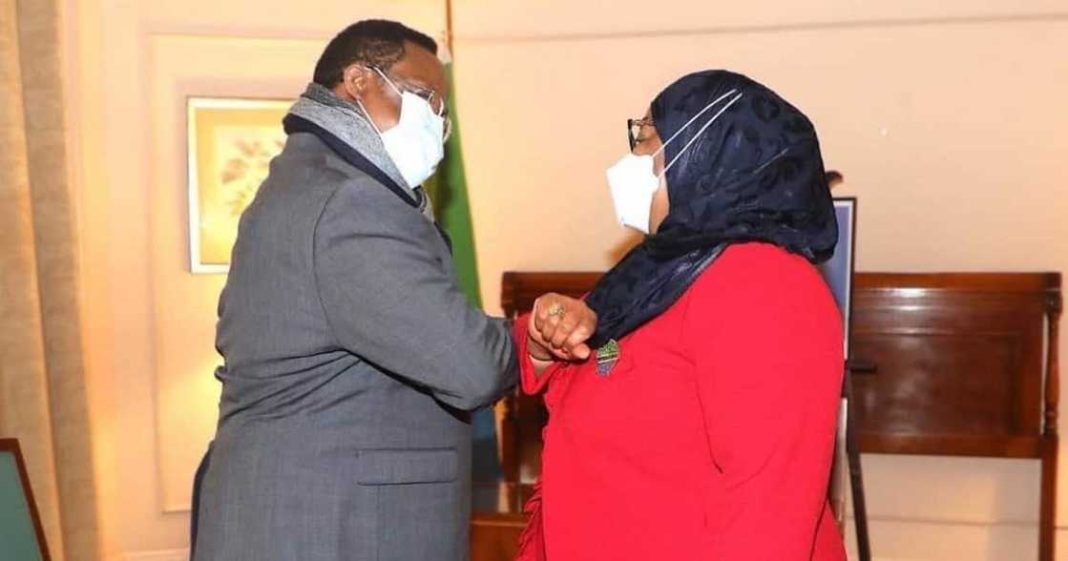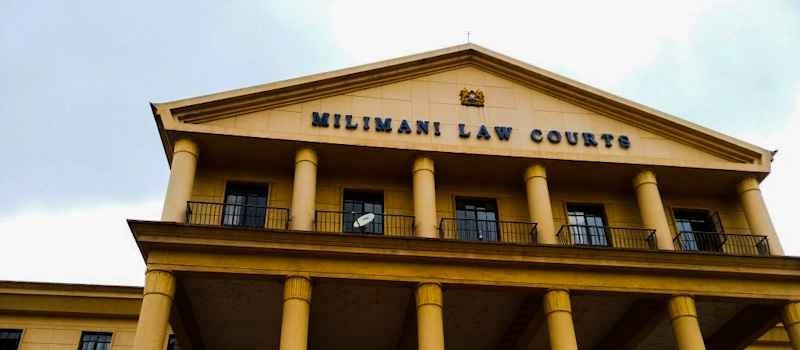Tanzania’s political scene revolves around two key figures President Samia Suluhu Hassan and opposition leader Tundu Lissu. Their clashes reflect a deeper struggle between governance and opposition in the country.
Samia Suluhu Hassan became Tanzania’s first female president in 2021 after John Magufuli’s sudden passing. Many expected her to introduce democratic reforms, but reactions have been mixed. She lifted the ban on opposition rallies, but concerns over democracy persist.
Her administration has faced criticism for human rights violations, including arrests of opposition figures and restrictions on political activities. Authorities recently deported Kenyan activists, including former Justice Minister Martha Karua, who had traveled to attend Lissu’s treason trial.
Karua, Gloria Kimani of the Law Society of Kenya (LSK), and Lynn Ngugi from the Pan-African and Progressive Leaders Solidarity Network were detained at Julius Nyerere International Airport and sent back to Kenya. The PLP condemned the deportations, calling them a blatant violation of East African community principles. “That a prominent East African stateswoman can be treated in this manner, without due process or cause, is a stain on the integrity of regional cooperation,” the party stated.
Tundu Lissu, a CHADEMA party leader, has long challenged the Tanzanian government. In 2017, gunmen shot him 16 times in an assassination attempt. After years in exile, he returned in 2023, determined to fight for democratic reforms.
Lissu has repeatedly accused Suluhu’s government of continuing Magufuli’s authoritarian tactics. His recent treason arrest could lead to the death penalty, raising global concerns. The government has also barred CHADEMA from contesting the upcoming elections, deepening worries about political oppression.
Lissu remains defiant. He has vowed to pressure the government and fight for fair reforms before Tanzania’s October elections.
The standoff between Suluhu’s administration and Lissu’s opposition underscores Tanzania’s fragile democracy. While Suluhu promises reforms, arrests, deportations, and election restrictions suggest a tightening grip on power. As the October elections approach, the fate of Lissu and the opposition will shape the country’s democratic future.







I don’t think the title of your article matches the content lol. Just kidding, mainly because I had some doubts after reading the article.
Hi! Do you know if they make any plugins tto help
ith Search Engie Optimization? I’m trying to get my blog to
rank for some targeted keywords butt I’m not seeing very good
gains. If you know of any please share. Kudos! https://z42mi.Mssg.me/
Thank you for your sharing. I am worried that I lack creative ideas. It is your article that makes me full of hope. Thank you. But, I have a question, can you help me?
Can you be more specific about the content of your article? After reading it, I still have some doubts. Hope you can help me.